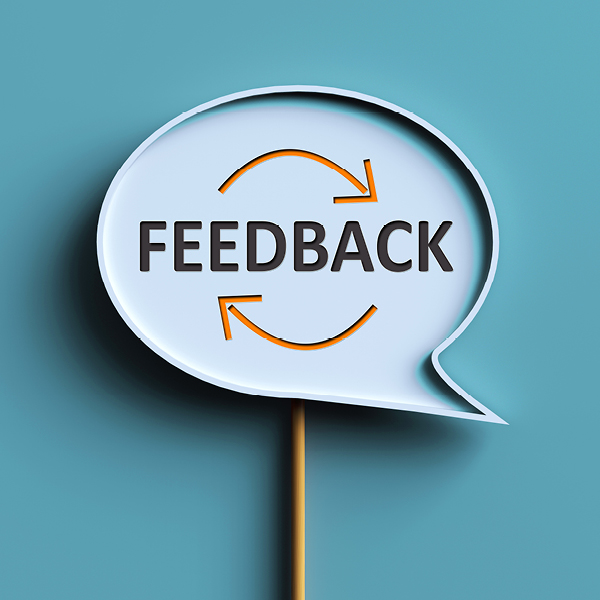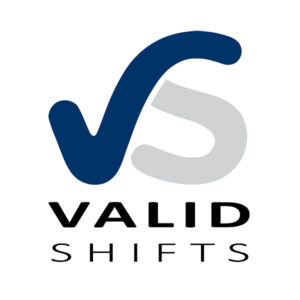Feedback is crucial to Mission Health. It serves as a cornerstone for continuous improvement and development. It provides valuable insights into performance, highlighting both strengths and areas of enhancement. By receiving constructive feedback, organizations can identify specific actions to enhance skills, processes, and outcomes that lead to loyalty and satisfaction.
Mission Health takes this performance improvement philosophy to heart. The organization is committed to regularly surveying residents, family and staff for their thoughts and opinions. The purpose: to develop strong trusting relationships that lead to meaningful changes that impact quality of life for all involved.
Mission Health partners with NRC Health to assist in routine survey creation and implementation. Results determine willingness to recommend as a place to live or work. Post survey, each community receives a Net Prompter Score (NPS) that identifies those who are a fan and those who are less than a fan and why.
The NPS process allows Mission Health communities to learn preferences, choices, and overall impressions during their time with a Mission Health community. These results are tracked, and then, communities are resurveyed every 6 months to ensure that concerns are addressed, and improvements continue to be realized.
The most critical piece in this process? How to turn feedback into meaningful and valuable improvements! Here’s the scoop:
Assessment and Evaluation
The first step is evaluating each response. Review all questions answered, including the open-ended comments. This is where participants truly open up and offer their opinions. Recognize strengths as well as improvements. It provides opportunities for relationship building, while opportunities for development evolve.
Prioritize training and Education
Once you have identified areas of improvement, consistent training and education is key to making improvements. Continuing education ensures that residents, families, and staff are current in their understanding of the latest treatments and procedures.
Mission Health has a robust education pillar for both residents and staff. These include onsite, hands-on education and redemonstration for residents and families through a variety of mediums, while staff participate in workshops, skills fairs, certificate courses, online education, and more. The organization also promotes advancement through partnerships like Capella University, where employees have access to free courses in nursing, social work, counseling, and more. The courses are created by health care experts with career applicable content and available on demand.
Engage Residents, Families and Staff
As part of the Mission Health culture, residents, families, and staff are encouraged to ask questions, express concerns, and be included in the improvement process. Commitment to sitting down, and determining options, allows parties to feel heard, understood, and part of the solution. Engagement is an important part of the process as it can lead to improved satisfaction and deeper loyalty.
Communication Framework
Communication is key. A formal and informal communication framework helps manage the resident care and staff work environment and can truly assist with reduction of anxiety, building loyalty, and ensuring that communication is consistently clear, kind, and respectful.
Feedback is where positive change starts. When taken with an open mind, and analyzing it objectively, creating a clear action plan, setting measurable goals, and consistently reflecting on progress – soon those feedback nuggets turn into solid gold bars of meaningful improvements.



